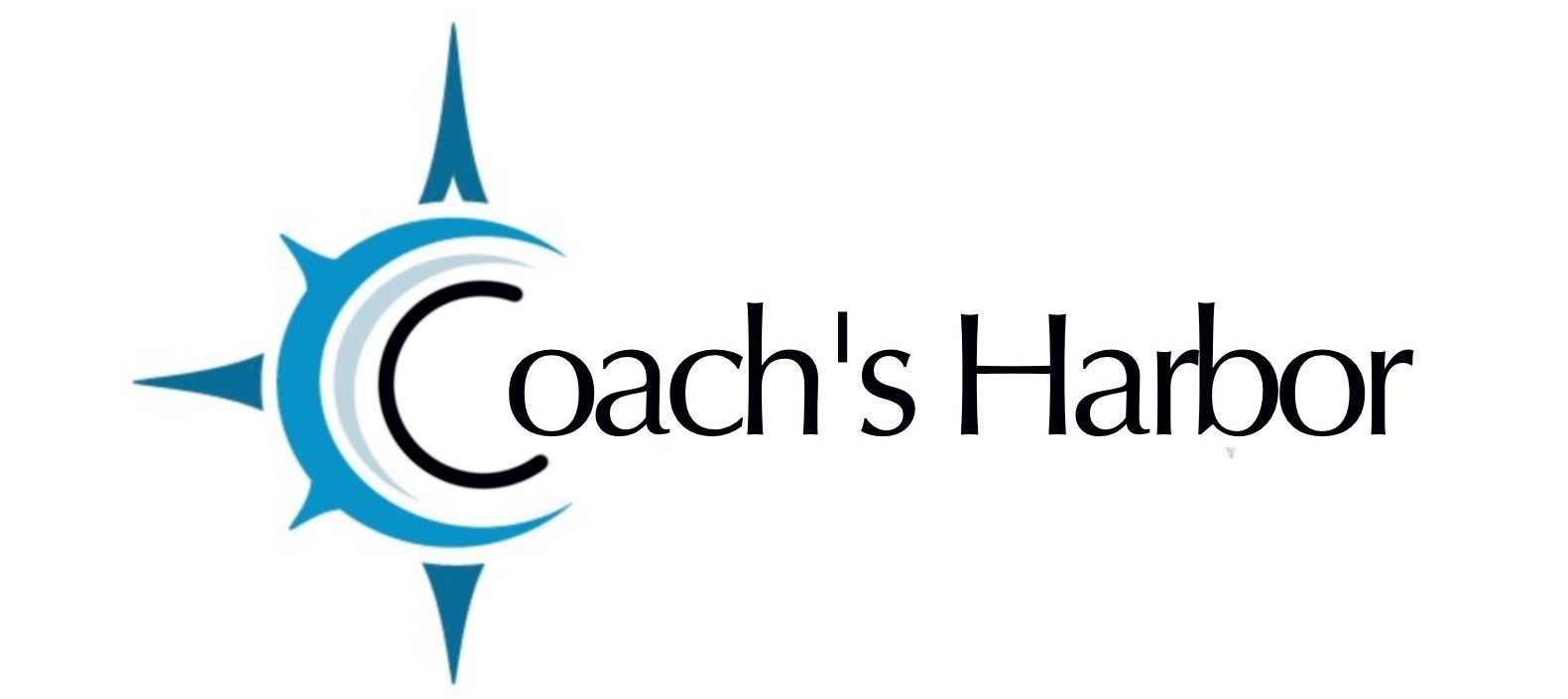Do you need a coach designation to be successful?
This questions comes up on Facebook Groups and other coaching groups all the time. What I really find fascinating is that the ones who have the coach designation think it’s vital. The ones that do not have coach designation, believe that all you need is life experience.
Life Experience
As stated above, some believe that all you need to be a good coach is to have life experience that you draw from. The belief is that if you have successfully navigated some important phases of your life, then you are now an expert in that area. Therefore, you can be a great coach for that niche.
For example, if you have started a successful business then you can be a great business coach. This certainly can give you great insight into what your clients may be facing as they attempt to start their own business. You can help them with all the steps in creating a business, such as the business plan, financial steps, etc. But is this coaching? I would classify this as mentoring. There is nothing wrong with mentoring, it certainly can be extremely beneficial – but it is not coaching.
Training
What does coach training teach you? Most trainings for designation first teach you the fundamentals. If you are taking an ICF accredited training, you will be learning the ICF Core Competencies. These are the competencies and ethics that allow you to partner with a client. Therefore, able to coach anyone around anything.
Why do we need core competencies? Simply because they work. This is pure coaching. Not giving advice, not mentoring. The core competencies are about focusing on the clients agenda and not our own. Building an intimate and trusting partnership with our clients. This is not an expert/newbie relationship.
It is also important because if you are truly coaching someone and not giving advice, you can not do harm. I often say that coaching is asking the questions that my clients are afraid to ask themselves. You could do a great deal of harm if you gave someone advice that ended up being very costly to them.
Training vs. Experience
So if you have life experience do you need training? Would you want to get in a plane with a pilot that is just learning by experience? Probably not. There are just things he won’t know that will be critical to getting you to your destination and keeping you safe. Would there be those few that we able to do it well? Sure, but that would not be the majority.
The same is true with coaching. I read an experience on a prominent forum recently that I found to be the epitome of how this is true. Barbara Reppert, CEO/Founder of Executive Impact wrote:
I had the opportunity to witness a coaching session between a class participant and a MCC (Master Certified Coach). During that session the person wanted to be coached on a subject that I have great experience in. In that moment I felt like I was watching a movie where I could guess the ending. I sat quietly and listened carefully to the interaction all the while the little kid in me was jumping up and down wanting to shout out the answer.
Well, like any good movie, there was a twist. One question asked by the MCC who was listening very attentively, changed the course from where I thought the ending was heading. Fast-forwarding, the person being coached came up with their own answers and a plan to take action to get what they wanted. I was thrilled for the person and quickly came to the realization that no one could have paid me enough, to come up with that answer. It was then that I finally understood. Each one of us has our own path to forge and we ourselves know what is best for us.
This is where training in the competencies of coaching goes beyond personal experience. All we can do with our own experience is help a client mimic what we did. Where true growth happens is when a client can figure out the path that works best for them and then our experience doesn’t mean anything. It is helping the client find the barriers that are keeping them from moving forward. These barriers are very unique to each person.
This is true whether your client is starting a business, navigating a relationship or trying to work toward better health.
What about getting that coach designation?
Whether you get the coach designation or not is completely a personal choice. We know that there is no legal requirement and honestly most of your clients will have no idea what the ICF is.
But what I found to be the most significant reason is how the process of getting that coach designation changes you as a coach.
There are steps that you have to go through:
- Getting accredited training
- Getting required mentoring from a credentialed coach.
- Submitting recordings of your coaching.
- Having actual coaching hours with real clients
- Taking a test to evaluate knowledge of core competencies and ethics
These steps alone improve your coaching and take you beyond your personal experience. They test you and push you to be a better coach. To me, this is what makes getting the coach designation invaluable.
Sure you can just hang out your hat and call yourself a coach, but what kind of coach do you really want to be?


